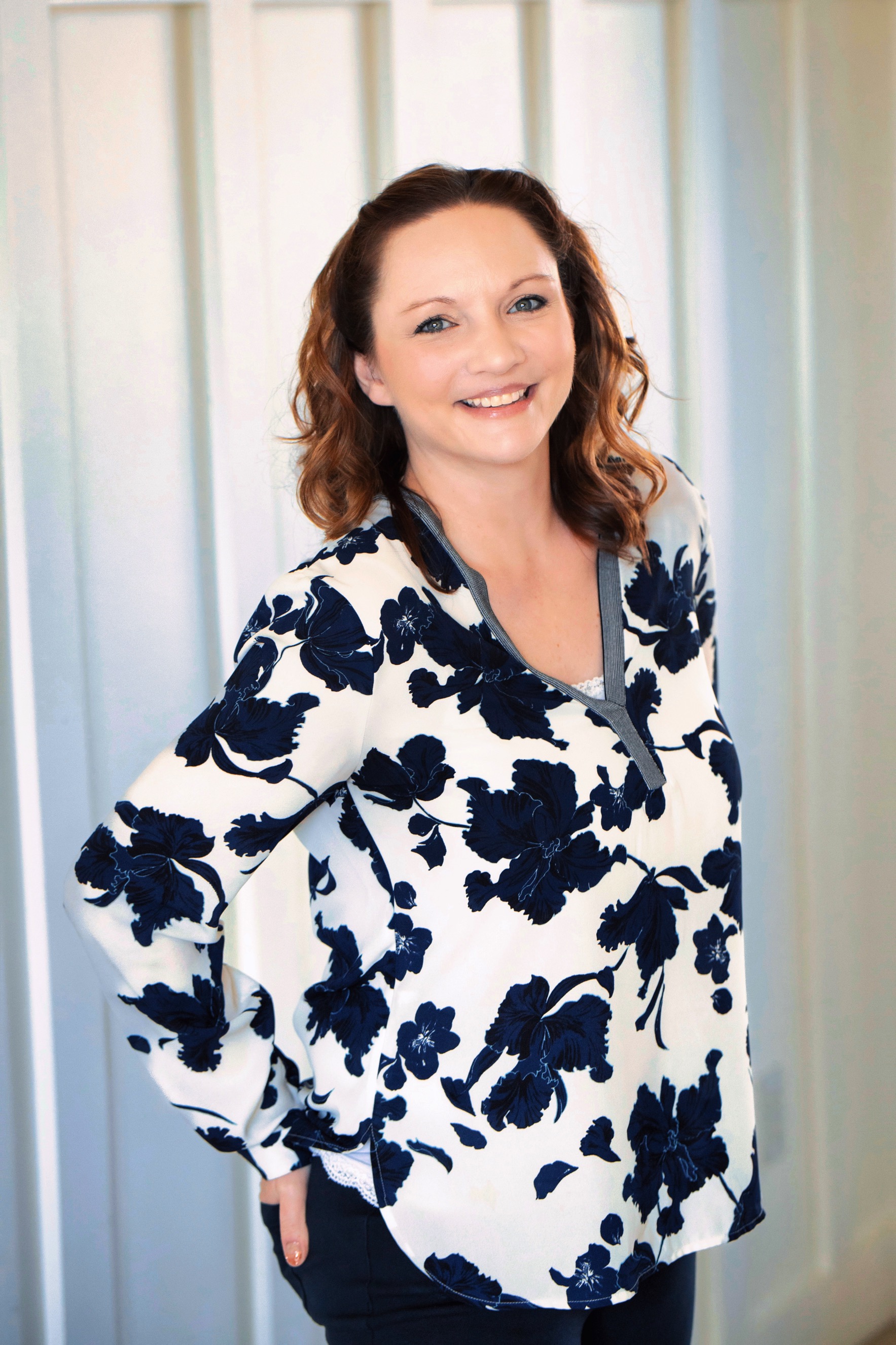It doesn’t seem that long ago when I wrote a slew of articles to support the many under chronically high levels of stress, worry and preoccupation during the pandemic. A common thread connecting my audience, clients and many people around me was uncertainty. No matter how people experienced it, the collective response involved some level of fear and loss of control. As humans can do, we sharpened our resilience and in many cases dug into what self-care during crisis looks like.
A recent Kaiser survey survey showed that 90% of the public believes there is a mental health crisis. Primary concerns are mental health issues with teens and children, and anxiety or depression in adults. One-third of U.S. adults said they have “always” or “often” felt anxious in the past year, and another third said they felt anxious “sometimes.” Sources of stress for adults in particular include finances as well as politics and current events.
In my therapy practice and personal life, I’ve seen concerns about the existential threats of extreme political divide, war, uptick in incidents involving hate and uncertainty about the direction of Covid. We barely have had enough time to apply the salve on our prior wounds before stress
From Around the Web
©
2024
by Rindie Eagle. All rights reserved.

